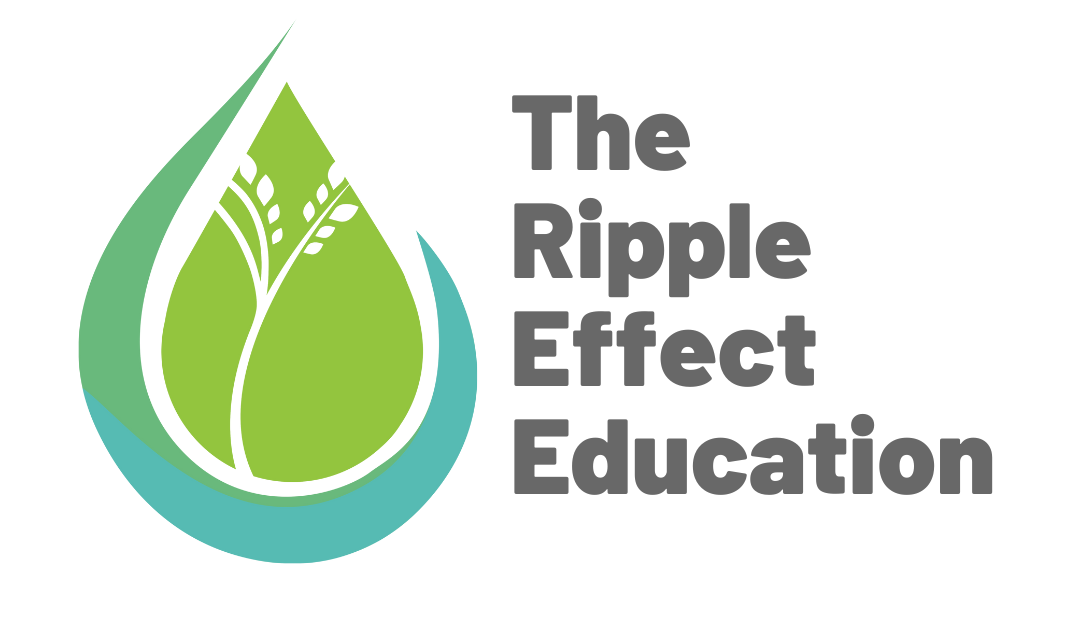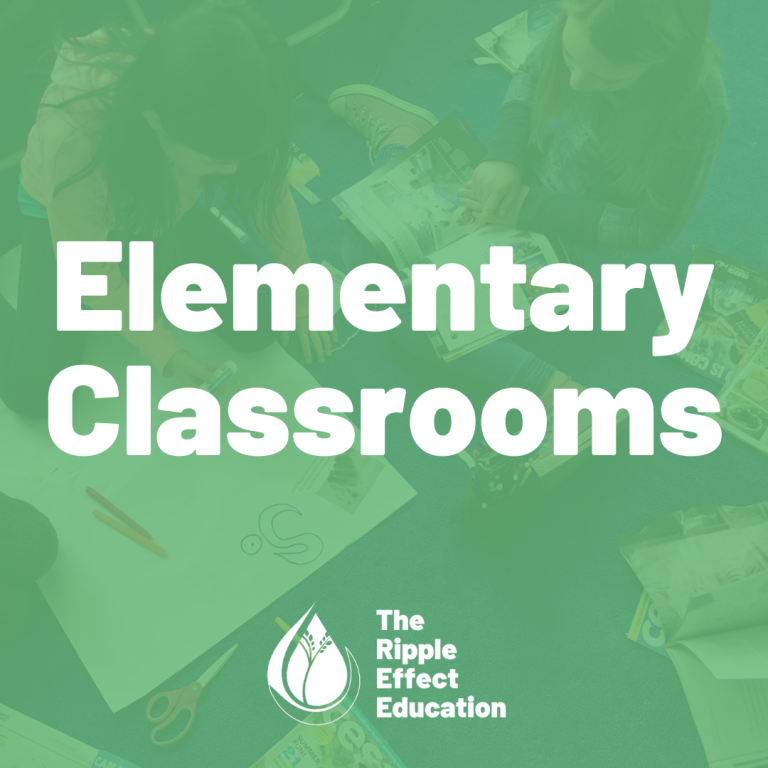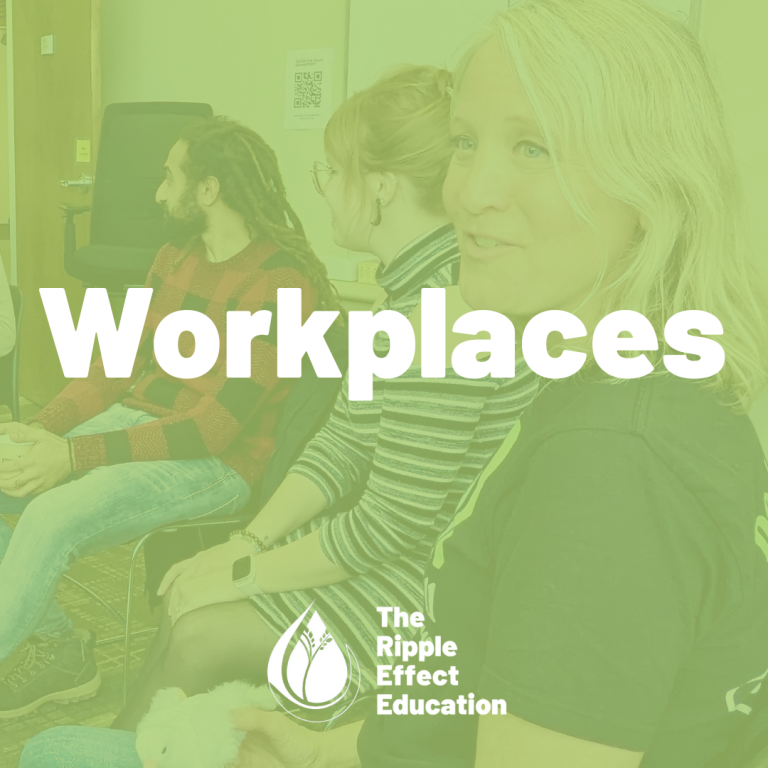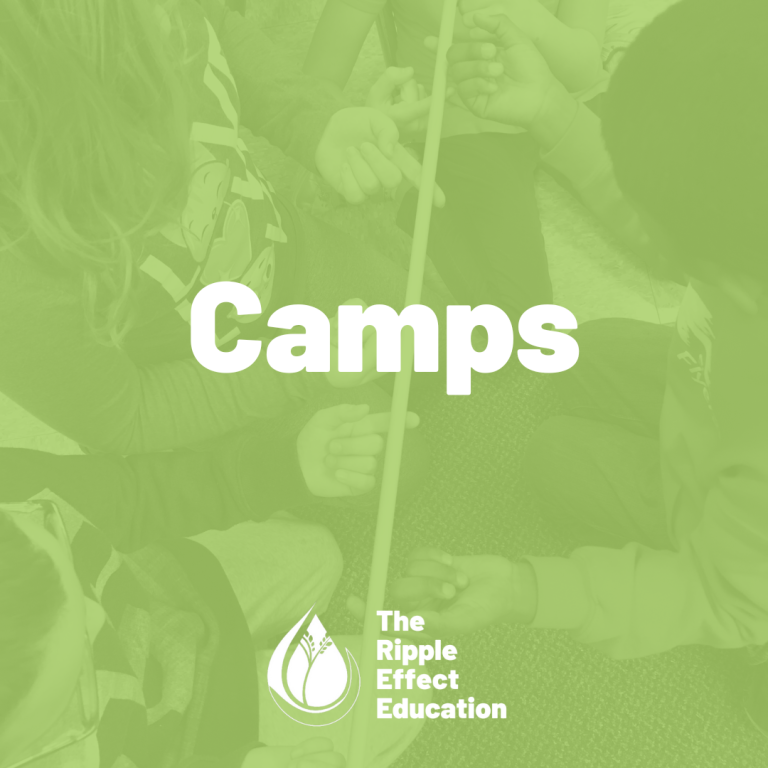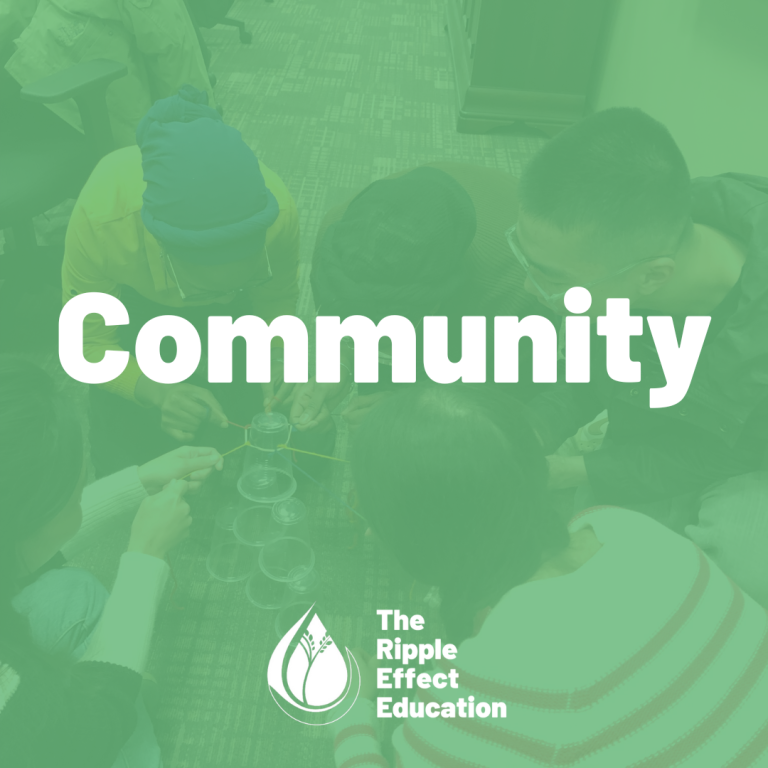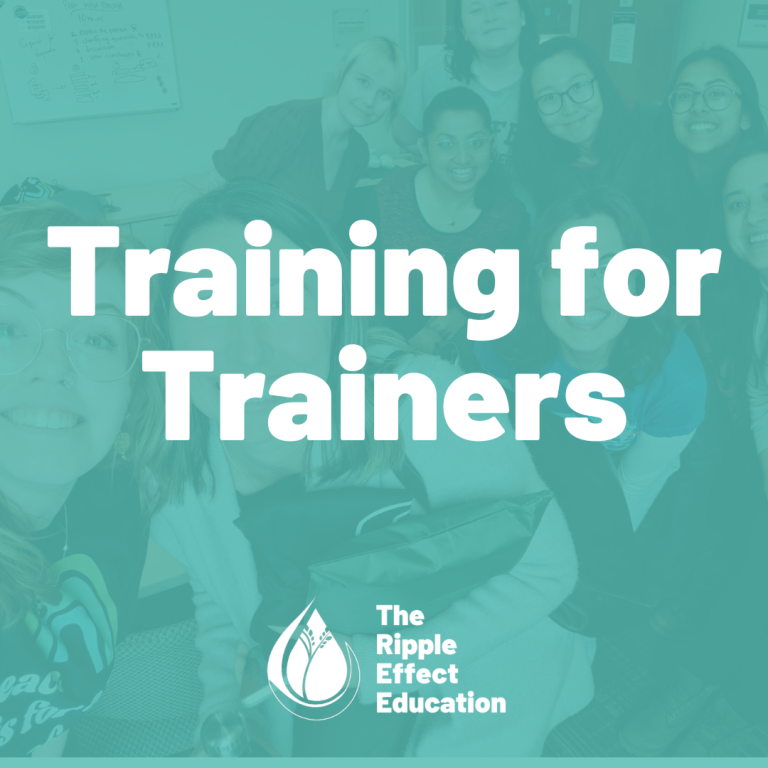Have you ever experienced someone putting words into your mouth? Or assuming you did something just to annoy them? How about the other way around? Do you ever assume things about others?
When we are in the middle of conflict we are often instinctively defensive of ourselves and sometimes that natural instinct can lead to us making assumptions about other people.
We’ve all done it, right? I’ve learned that this instinct doesn’t tend to help us build understanding with others.
We can transform our conflict process by integrating a very important perspective: curiosity. When we approach conflict with a posture of genuine curiosity to understand rather than to win an argument, play the victim, or be right, it completely changes how we communicate.
Curiosity is about learning, making-meaning and building understanding. When we engage with others and invite them to share their stories we can better understand their perspective in conflict.
Tell me more
By integrating the phrase like, “Tell me more about that” into your conflict dialogue you can effectively communicate that you care about the other person’s perspective and removes defensiveness as you are creating space for them to share rather than fighting to get a word in.
To be genuinely curious we need to refrain from judgement and making negative assumptions about others. Assume the other person didn’t intend to annoy you. Assume they are doing the best they can. Assume the very best about them. You’ll appreciate it when others do it for you.
Talking conflicts out can be uncomfortable at times, especially when it means being vulnerable or sharing if someone hurt our feelings. Or worse, if we are the one hurting them. Sure, it might be easier to assume the worst and let resentments simmer. But learning to assume the best in others and asking for clarification about their perspective is the best strategy for honest and healthy conflict resolution.
Opening a conversation with curiosity creates a space for all parties to share their perspective, and it is in this safe environment where people can feel comfortable to share their side of the story. This both validates their experience and perspective but also introduces us to new information that can help us solve the issue to the best of our ability.
If you want to revolutionize how you build peace in your everyday life, stay curious; if you must assume, assume the best, and ask open-ended questions that encourage dialogue and meaningful problem-solving.
How are you cultivating curiosity? Tell us more below!
 Kaitlyn Skelly holds a BA from the University of Waterloo, where she studied Speech Communication, History, and Peace and Conflict Studies. Her undergrad thesis focused on positive and negative interpersonal communication modelled on the popular TV show, Friends. Her interest in mental health and peace education led her to become a Peace Camp director, and a communication intern at To Write Love on Her Arms in Melbourne, Florida. She believes that sharing the stories of our lived experience is how we make meaning of the world around us and learn how to better understand one another. One of her favourite methods of storytelling is through writing. Find more of her work on her blog, A Heart of Glass.
Kaitlyn Skelly holds a BA from the University of Waterloo, where she studied Speech Communication, History, and Peace and Conflict Studies. Her undergrad thesis focused on positive and negative interpersonal communication modelled on the popular TV show, Friends. Her interest in mental health and peace education led her to become a Peace Camp director, and a communication intern at To Write Love on Her Arms in Melbourne, Florida. She believes that sharing the stories of our lived experience is how we make meaning of the world around us and learn how to better understand one another. One of her favourite methods of storytelling is through writing. Find more of her work on her blog, A Heart of Glass.
